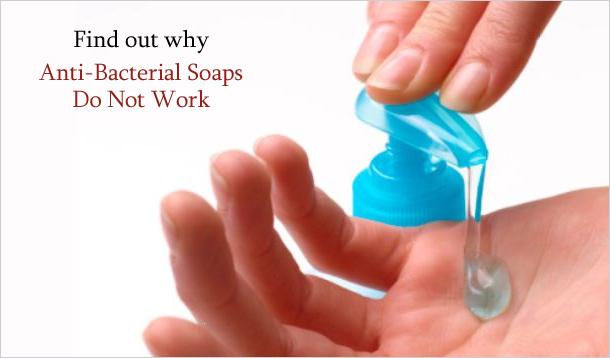
Triclosan is a cosmetic ingredient used on a broad range of products from hand soap to toys to knives to cleaners. This ingredient has been widely used for decades, and in the last 20 years has become the reason consumers spend billions of dollars annually on anti-bacterial products.
Well, maybe not the reason, since that would be more about how cosmetics companies market anti-bacterial products, but rather the ingredient that appears in these very popular cosmetics (mostly soap, body washes, shampoos, and cleansers).
The demand for anti-bacterial products is immense. Consider this: the cosmetics industry sold over $5 billion in anti-bacterial soaps and cleansers last year just in North America. There is a huge stake for companies to create, market, and sell these types of products.
Most consumers agree that these products are better at fighting germs and keeping themselves clean. Consumers are willing to pay a premium for anti-bacterial products. On average, anti-bacterial products (such as soap or shower gel) sell for five times the price of regular soap.
The problem is that triclosan—and anti bacterial products in general—do not work any better at killing germs than plain old soap and water.
The FDA released the results of a 40-year study showing there was no difference between the level of germ killing when using a triclosan-based product when compared with regular soap and water.
Here are some of the findings:
The FDA is now requiring manufacturers to provide additional studies to prove that triclosan does indeed work more effectively in personal care products when compared to non anti-bacterial formulas. Any manufacturer that cannot provide such proof will be required to reformulate (as in remove triclosan) or withdraw its products from the market no later than 2016.
What is the best way to prevent the spread of germs?
Simple soap and water applied with friction. The friction is actually what kills bacteria—not the product. Two minutes of friction with basic soap and water will kill 99% of all bacteria present, and friction of at least 20 seconds will kill 75% of all bacteria present.